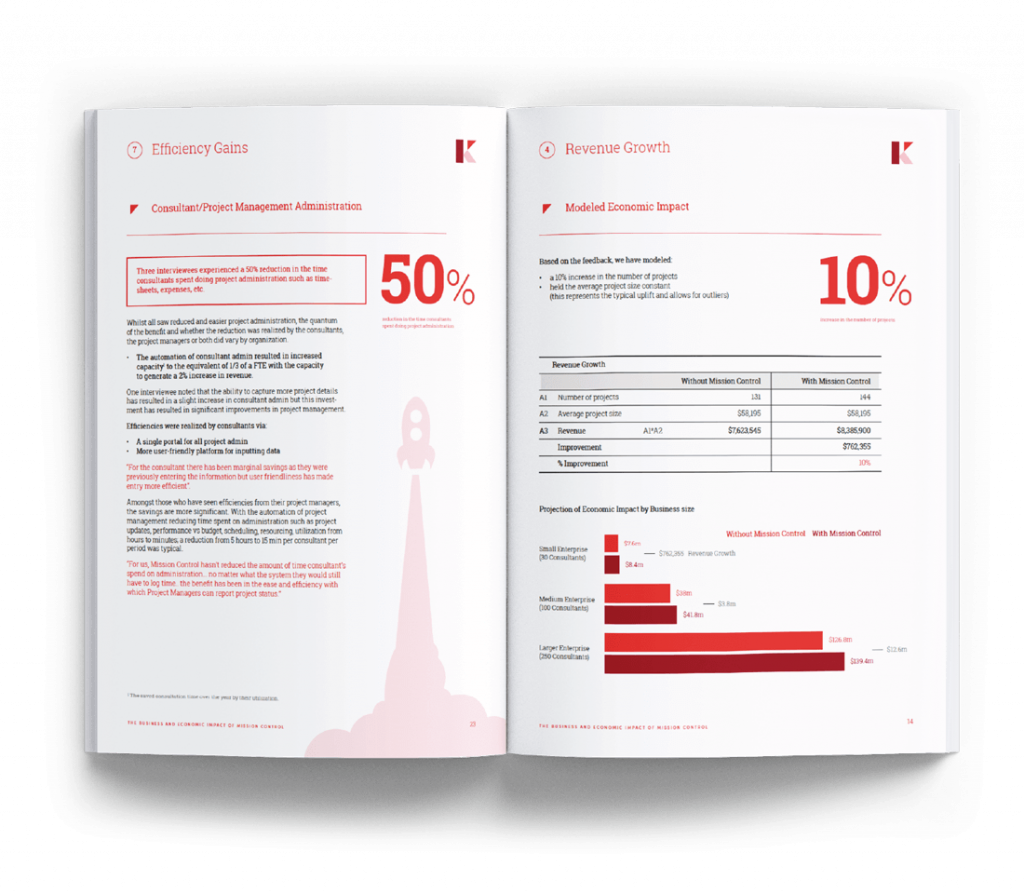Quality Assurance (QA) is a fundamental aspect of any product development or service delivery process. It encompasses a set of systematic activities designed to ensure that the end result meets predefined standards of quality. At the helm of this critical function is the Quality Assurance Manager, a key figure responsible for orchestrating and implementing QA strategies. In this comprehensive article, we will delve into the multifaceted role of a QA Manager, exploring their responsibilities, skills, and the pivotal impact they have on the success of an organization.
- Defining the Role of a QA Manager
The Quality Assurance Manager plays a pivotal role in the development and delivery of high-quality products or services. Their primary responsibility is to establish and enforce quality standards throughout the entire development life cycle. This involves close collaboration with cross-functional teams, including developers, testers, product managers, and stakeholders, to ensure that quality is not just a phase but an integral part of the entire process.
- Setting Quality Standards and Policies
One of the fundamental tasks of a QA Manager is to establish quality standards and policies that align with the organization’s overall objectives. This involves a deep understanding of industry best practices, regulatory requirements, and customer expectations. The QA Manager must translate these insights into concrete guidelines that can be implemented across the development life cycle.
- Creating Test Strategies and Plans
QA Managers are responsible for devising comprehensive test strategies and plans that cover all aspects of the product or service. This includes defining testing objectives, scope, resources, and timelines. Test plans should be designed to identify and rectify defects at every stage, from initial development to final deployment.
- Team Leadership and Management
Effective leadership is a cornerstone of successful QA management. QA Managers are tasked with building and leading high-performing QA teams. This involves recruiting skilled professionals, fostering a collaborative work environment, and providing ongoing training to ensure that the team stays abreast of the latest testing methodologies and technologies.
- Collaboration with Cross-Functional Teams
QA Managers serve as a bridge between QA teams and other departments involved in the product development life cycle. They collaborate closely with developers, product managers, and business analysts to understand project requirements, identify potential challenges, and ensure that quality considerations are integrated into every phase of development.
Identifying and mitigating risks is a critical aspect of QA management. QA Managers need to assess potential risks associated with the development process and implement strategies to minimize or eliminate these risks. This involves regular risk assessments, contingency planning, and proactive problem-solving to ensure that the project stays on track.
- Continuous Improvement Initiatives
QA Managers are champions of continuous improvement. They analyze existing processes, methodologies, and tools to identify areas for enhancement. This includes staying updated on industry trends, emerging technologies, and evolving customer expectations. QA Managers must then lead initiatives to implement improvements that enhance the overall quality of products or services.
- Quality Metrics and Reporting
Tracking and measuring quality metrics are essential for evaluating the effectiveness of QA processes. QA Managers define key performance indicators (KPIs) that provide insights into the quality of deliverables, efficiency of testing processes, and overall project health. Regular reporting to stakeholders and management ensures transparency and facilitates data-driven decision-making.
- Tool Selection and Implementation
QA Managers are responsible for selecting and implementing testing tools that align with the organization’s needs and goals. This involves evaluating various testing tools, considering factors such as scalability, compatibility, and ease of integration. The successful implementation of these tools enhances the efficiency and effectiveness of the QA process.
- Regulatory Compliance
In industries subject to regulatory frameworks, QA Managers play a crucial role in ensuring that products or services comply with relevant standards and regulations. This requires a deep understanding of industry-specific compliance requirements and the ability to integrate compliance measures into the QA process without compromising efficiency.
- Customer Advocacy
Ultimately, the QA Manager is a customer advocate. Ensuring that the final product meets or exceeds customer expectations is at the core of their responsibilities. This involves understanding customer feedback, incorporating it into the QA process, and championing a customer-centric approach to quality assurance.
- Communication Skills
Effective communication is a linchpin of QA management. QA Managers must convey complex technical information to non-technical stakeholders, ensuring that everyone involved in the project understands the importance of quality and their role in achieving it. Clear and concise communication is vital for successful collaboration and project success.
- Adaptability and Problem-Solving Skills
In the dynamic landscape of software development and product delivery, unexpected challenges and changes are inevitable. QA Managers must be adaptable and possess strong problem-solving skills to address issues as they arise. This includes the ability to make informed decisions under pressure and implement solutions that maintain or improve the overall quality of the project.
- Case Study: The Impact of QA Management on Product Success
To illustrate the critical role of QA Managers, let’s consider a hypothetical case study of a software development project. In this scenario, the QA Manager’s influence is evident at various stages of the project life cycle.
Project Initiation: At the outset, the QA Manager collaborates with stakeholders to understand project requirements and expectations. By participating in early discussions, they contribute insights into potential quality challenges and help set realistic quality goals for the project.
Test Planning: The QA Manager leads the development of a comprehensive test plan that outlines testing objectives, scope, resources, and timelines. This plan is communicated to the entire team, aligning everyone with a shared vision of quality.
Tool Selection: Recognizing the need for efficiency, the QA Manager evaluates and selects testing tools that streamline the testing process. The successful implementation of these tools enhances the team’s productivity and allows for more thorough testing.
Collaboration with Development Teams: Throughout the development phase, the QA Manager collaborates closely with developers to identify potential defects early in the process. This proactive approach helps prevent the accumulation of issues that could jeopardize the final product.
Continuous Improvement: Regularly assessing the effectiveness of testing processes, the QA Manager identifies areas for improvement. By implementing changes and optimizing workflows, they contribute to the ongoing enhancement of the QA process.
Risk Management: Anticipating potential risks, the QA Manager develops contingency plans to address unforeseen challenges. This proactive risk management approach ensures that the project stays on track, even in the face of unexpected hurdles.
Quality Metrics and Reporting: The QA Manager establishes key performance indicators (KPIs) and regularly reports on the quality metrics of the project. This transparency allows stakeholders to make informed decisions and provides insights into areas for further improvement.
Customer Advocacy: As the project nears completion, the QA Manager ensures that the final product aligns with customer expectations. By incorporating customer feedback into the testing process, they contribute to the delivery of a product that not only meets but exceeds customer satisfaction.
Conclusion
In conclusion, the role of a Quality Assurance Manager is integral to the success of any product or service. Their responsibilities span from setting quality standards and creating test strategies to leading teams, managing risks, and advocating for the customer. A skilled QA Manager possesses a unique blend of technical expertise, leadership qualities, and effective communication skills.
In an era where quality is a differentiator in a competitive market, organizations that prioritize and invest in effective QA management are better positioned for sustained success. The QA Manager serves as the guardian of quality, ensuring that every product or service that reaches the hands of the customer is of the highest standard. As technology continues to advance and industries evolve, the role of QA Managers will remain pivotal in shaping the quality landscape of the products and services we rely on daily.
Mission Control is a native Salesforce PSA solution. We have dozens of features that can help QA Managers do their job including Role Utilization, PMO Dashboard and Risks and Issues. If you are keen to take a closer look at our platform you can head to our demo request form.





